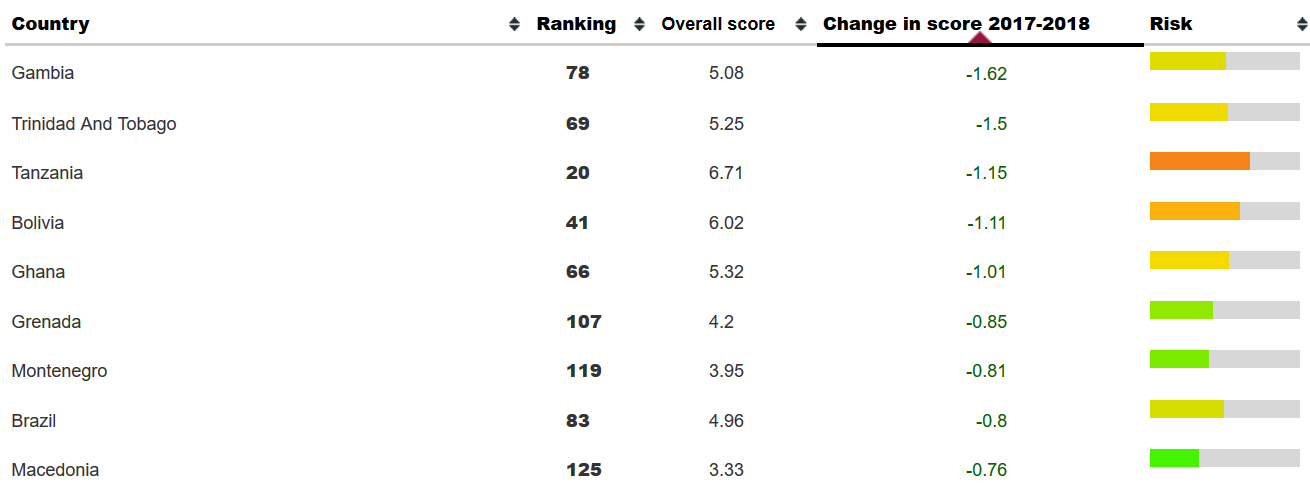Compliance Consultancy
Risk management and Consultancy firm
Contact us
info@pideeco.be
Financial Crime
Compliance Consultancy Financial Crime
Europol defines Financial Crime as "illegal acts committed by an individual or a group of individuals to obtain a financial or professional advantage. The principal motive in such crimes is economic gain."
Although the concept of financial crime has been known for centuries, in the last decades, and especially the last years, the nature and methods of the crime have changed drastically. The technological innovations that have occurred have made this type of crime much more complex. Due to the globalization of transactions, the notion of Source of Wealth and the Source of Funds can now be found in many jurisdictions and is not limited to a number of countries as was the case in the past.


Money laundering and financing of terrorism are some of the most common financial crimes. The United Nations Office on Drugs and Crime ("UNODC") estimates that between EUR 715 billion and 1.87 trillion, is laundered each year.
The criminal groups that are involved in these crimes take advantage of the lack of international cooperation, the differences in national legislation and the misinterpretation of data.
Financial crimes are a risk for businesses to consider. The involvement of their name in money laundering or other financial crimes can lead to expensive fines, and loss of reputation and clients.
The European Union (hereafter "EU"), is trying to diminish the flourishing of financial crimes by designing a strong harmonized legal framework. A characteristic example is the Directive 2018/843 on the prevention of the use of the financial system for the purposes of money laundering or terrorist financing (the 5th AML Directive). The Directive was introduced by the European Parliament and the Council in the light of the recent terrorist attacks, Panama Papers and the use of alternative financial systems like Bitcoin.
On an international level, governments push financial institutions for more efficient compliance programs with the existing rules and more thorough Client Due Diligence investigations. The institutions should "Know Their Clients" and always have a holistic view on the safety of their transactions.
Although the concept of financial crime has been known for centuries, in the last decades, and especially the last years, the nature and methods of the crime have changed drastically. The technological innovations that have occurred have made this type of crime much more complex. Due to the globalization of transactions, the notion of Source of Wealth and the Source of Funds can now be found in many jurisdictions and is not limited to a number of countries as was the case in the past.


Financial crimes as a risk for businesses and the protecting measures
Money laundering and financing of terrorism are some of the most common financial crimes. The United Nations Office on Drugs and Crime ("UNODC") estimates that between EUR 715 billion and 1.87 trillion, is laundered each year.
The criminal groups that are involved in these crimes take advantage of the lack of international cooperation, the differences in national legislation and the misinterpretation of data.
Financial crimes are a risk for businesses to consider. The involvement of their name in money laundering or other financial crimes can lead to expensive fines, and loss of reputation and clients.
The European Union (hereafter "EU"), is trying to diminish the flourishing of financial crimes by designing a strong harmonized legal framework. A characteristic example is the Directive 2018/843 on the prevention of the use of the financial system for the purposes of money laundering or terrorist financing (the 5th AML Directive). The Directive was introduced by the European Parliament and the Council in the light of the recent terrorist attacks, Panama Papers and the use of alternative financial systems like Bitcoin.
On an international level, governments push financial institutions for more efficient compliance programs with the existing rules and more thorough Client Due Diligence investigations. The institutions should "Know Their Clients" and always have a holistic view on the safety of their transactions.
Was this service page helpful ?
EU proposals: cross-border distribution of investment funds
A Proposal for a Directive which will amend, the Directive 2009/65/EC (UCITS IV Directive) and the Directive 2011/61/EU (AIFMD), was adopted on 12 March 2018 by the European Commission. The aim of the new Directive will be to facilitate the cross-border distribution of...
Read more Author What else ?






















